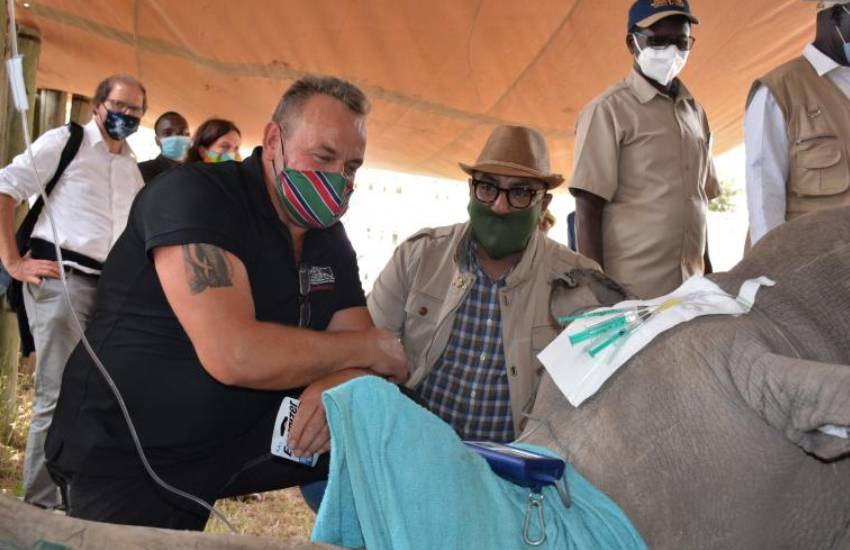×
The Standard e-Paper
Fearless, Trusted News

There were only seven northern white rhinos remaining in the world seven years ago. Four of those, two female and two male, were brought to Kenya from the Czech Republic as climatic conditions were not favourable for their breeding.
Scientists figured the climate and rich grasslands at the Ol Pejeta Conservancy in Laikipia County would provide them with a better hood. But there was a problem: One male, Suni, then aged 34, died of natural causes in 2014.